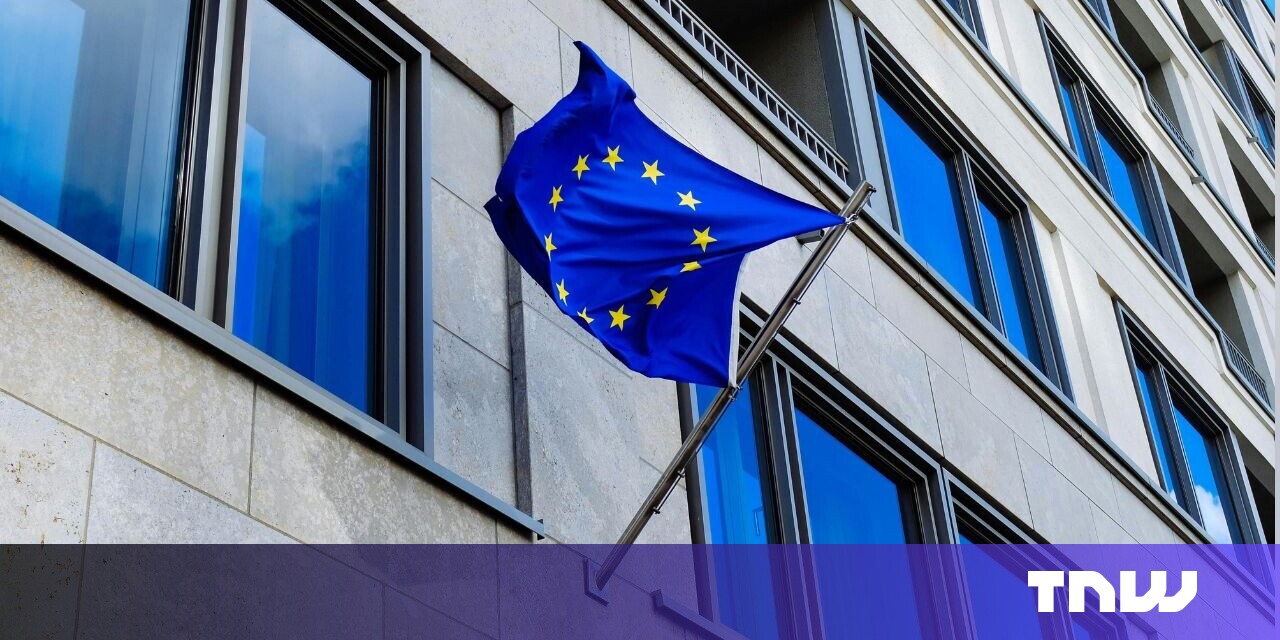
""There is no stop the clock. There is no grace period. There is no pause." So said Thomas Regnier, a spokesman for the European Commission, in response to calls for a pause on the EU's AI Act."
"The European Commission, in its zeal to pass the first major piece of AI regulation - and for the best of reasons, I should add - is missing the wood for the trees."
"AI will make industries vastly more efficient, reducing emissions for years to come. As Nvidia's Jensen Huang has pointed out, once created, AI models perform tasks far more efficiently than traditional computing methods."
"An AI weather model can forecast over 1,000 times more efficiently than conventional techniques can. Thus, whatever energy is invested in AI is repaid, with change, as the model is reused."
The European Commission will not halt the implementation of the AI Act despite requests from 46 CEOs, including representatives from influential companies. The urgency for regulation arises amidst concerns about energy use in unregulated AI development. While recognizing the need for ethical guidelines in AI deployment, there is skepticism about the necessity of the AI Act, as AI technologies have the potential to significantly enhance efficiency across industries and reduce emissions over time. Efficient AI models can perform tasks, such as weather forecasting, vastly better than traditional methods, suggesting that energy investments in AI can yield substantial returns.
Read at TNW | Sustainability
Unable to calculate read time
Collection
[
|
...
]